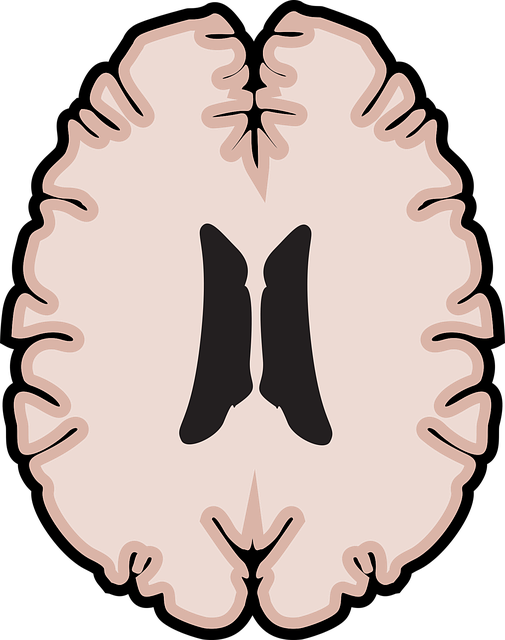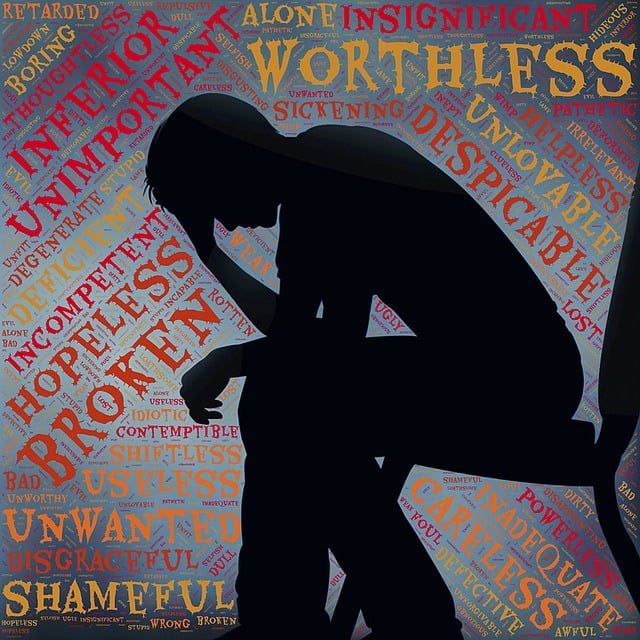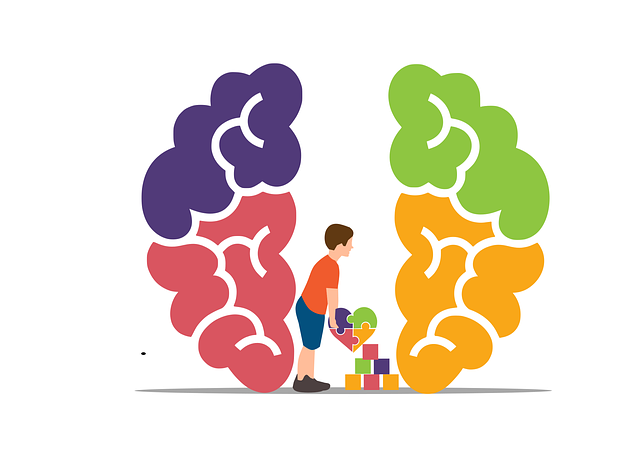The media significantly impacts public understanding of mental health, often perpetuating stereotypes about bipolar disorder. To counter this, initiatives like Westminster Bipolar Disorder Therapy focus on accurate, diverse storytelling that promotes early intervention and self-care. By challenging societal norms and educating viewers through real-life portrayals, this therapy aims to reduce stigma and foster empathy. Industry professionals can collaborate with mental health experts to create such narratives, integrating self-care practices into storylines and promoting best practices through advocacy groups like those involved in Mental Health Policy Analysis.
In today’s media landscape, accurate representation of mental illness is crucial in challenging societal stigma. This article explores the pervasive issue of misrepresented mental health in popular culture and offers solutions for improvement. We delve into the specific challenges posed by bipolar disorder, using Westminster Bipolar Disorder Therapy as a case study for responsible and insightful depiction. Additionally, we outline strategies to enhance positive media representations of mental illness, fostering greater understanding and empathy among audiences.
- Understanding Mental Health Stigma in Media Portrayals
- Westminster Bipolar Disorder Therapy: A Case for Accurate Representation
- Strategies to Enhance Positive Mental Illness Media Depictions
Understanding Mental Health Stigma in Media Portrayals

The media plays a significant role in shaping public perception, and its representation of mental health issues can either foster understanding or perpetuate harmful stereotypes. Historically, mental illness has been portrayed in a myriad of ways, often reflecting societal biases and fears. This has led to the stigmatization of individuals living with conditions like bipolar disorder, as these narratives rarely offer accurate insights into the complexities of the condition and its impact on daily life.
Overcoming this stigma requires a shift in media representation, encouraging stories that promote mental health awareness and challenge societal norms. By presenting diverse characters with genuine experiences, the public can develop a more nuanced understanding. This is where Westminster Bipolar Disorder Therapy, for instance, can act as a game-changer, offering realistic portrayals while highlighting the importance of early intervention and access to quality care. Additionally, incorporating narratives that showcase recovery and resilience can inspire hope and encourage positive thinking, ultimately contributing to a more inclusive and supportive societal atmosphere.
Westminster Bipolar Disorder Therapy: A Case for Accurate Representation

Westminster Bipolar Disorder Therapy offers a promising approach to challenging the stereotypical representation of mental illness in media. By showcasing accurate and nuanced portrayals of bipolar disorder, this therapy can significantly impact public understanding. The media has long played a pivotal role in shaping societal perceptions, often perpetuating myths and misconceptions about mental health conditions like bipolar disorder. This can lead to stigmatization and hinder individuals from seeking the support they need.
Therefore, incorporating Self-Care Routine Development for Better Mental Health and promoting Emotional Intelligence as part of Westminster Bipolar Disorder Therapy is essential. These strategies empower individuals to manage their symptoms effectively while fostering positive Self-Care Practices. Through such initiatives, we can contribute to a more empathetic and informed society, where mental illness is met with understanding rather than judgment.
Strategies to Enhance Positive Mental Illness Media Depictions

To enhance positive mental illness media depictions, industry professionals can adopt several strategies. Firstly, encouraging collaboration between experts in mental health, such as therapists and psychiatrists, with content creators can lead to more accurate and nuanced portrayals. This partnership ensures that stories are grounded in reality, promoting a deeper understanding of various mental health conditions. Additionally, diversifying the representation of mental illness across different media platforms and narratives can help break stereotypes. Including characters with diverse identities, backgrounds, and experiences allows for a broader spectrum of mental health struggles to be acknowledged.
Another crucial approach is integrating self-care practices and mood management techniques into storylines. By showcasing healthy coping mechanisms, such as therapy sessions, mindfulness exercises, or support group participation, media can subtly educate viewers about managing mental health effectively. This subtle messaging could influence viewers considering similar strategies for their own well-being. In line with this, advocates for Mental Health Policy Analysis and Advocacy play a vital role in ensuring media content aligns with current best practices in mental healthcare, fostering an informed and compassionate society.
Media representation of mental illness plays a pivotal role in shaping societal perceptions. By challenging negative stereotypes and advocating for accurate depictions, we can foster understanding and empathy. The case study of Westminster Bipolar Disorder Therapy demonstrates the potential for media to serve as a powerful tool against stigma. Adopting strategies that promote positive and diverse mental health portrayals is essential to creating an inclusive environment where individuals with bipolar disorder and other mental illnesses feel seen, heard, and supported.














